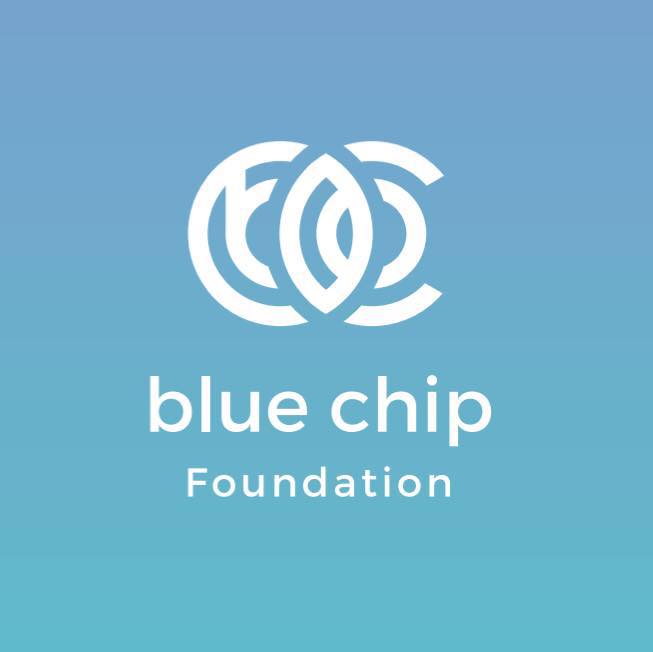Ethics in Action for Sustainable and Integral Development Statement on Education
October 25, 2017
Education is both a fundamental need and right of all children. Because so many children around the world lack even a basic education, the world community bears an urgent moral responsibility to ensure quality education for all children. We ardently support SDG 4, and underscore its insistence on education for all, including the poorest, the marginalized, girls as well as boys, the vulnerable, and those with special needs. More than half a century ago, the Church expressed its deep commitment to education for all in Gravissimum Educationis.[1] Today, Laudato Si’ devotes its Chapter 6 to educating for the covenant between humanity and the environment. Justice demands that new efforts be preferentially dedicated to those at the bottom of the income distribution so that even the poorest children have the opportunity to reach their full potential through quality education.
We also need a new kind of education to promote integral development and sustainable human development. As Pope Francis writes in Laudato Si’, “there needs to be a distinctive way of looking at things, a way of thinking, policies, an educational programme, a lifestyle and a spirituality which together generate resistance to the assault of the technocratic paradigm.”
For the low-income countries, where hundreds of millions of young people currently lack access to education, increased international funding for SDG 4 is a sine qua non. Since Africa lies at the center of the funding challenge, we will do our utmost to support African leaders’ plan to
establish a special Fund for African Secondary Education to help channel donor financing to African primary and secondary education, with full accountability in the use of these funds. To achieve quality education for all children, the incremental international funds needed are very
modest, roughly $40 billion per year, or 0.1% of the national income of the high-income countries. Yet even such modest flows can do much to ensure a more peaceful, harmonious and productive world. Such incremental flows are a tiny fraction of the annual incomes of the world's
2,000 billionaires and a tiny fraction of the world's annual outlays on armaments. Investing sufficiently in education may seem demanding, but the costs of ignorance are much higher. Domestically and internationally, peace is endangered by uneducated masses that are not integrated into the society. Incremental funding needs should be raised from governments, philanthropists, religious organizations, and businesses. We support an initiative to mobilize large-scale funding from the world’s high-net worth individuals and corporations, as well as
development financing through other means. We will seek support in China and in other newly leading countries in the world today.
In today’s world, we need new ways to teach and to train teachers:
· To engage the young brain.
· To inspire young students to be interested and open to learning.
· To build solidarity, ethical reflection, and moral skills, especially by enabling children to
teach children and live in harmony with one another.
· To foster global citizenship, cosmopolitan responsibility, and a culture of peace.
· To emphasize the goals of critical analysis and empathy to diminish the susceptibility of
youth to demagoguery, fake news, and demonization of the other.
· To use sport, the arts, music, and culture to inspire the young mind;
· To utilize new technologies for multilingual education, connectivity, global literacy and
numeracy, coding, and the new potentialities of ICT-enabled instruction.
· To allow adults to develop new skills and continually learn.
First and foremost, teaching requires on the part of teachers a high level of knowledge so that students, who learn through the process of instruction, may achieve a standard of education that they would not obtain on their own.
Education should develop the ability to observe, to reason, to synthesize and to develop a sense of justice, respect, tolerance and compassion for others. We need to teach universal and ecumenical values and virtues as a core purpose of education. These include empathy, fraternity,
commitment to justice and human rights, and pursuit of the common good. The challenges of globalization can only be met by a cosmopolitan education, rooted in a world ethos shared between religious and non-religious people across all cultural divides. It is from this overlapping
moral and multireligious consensus, rooted in human dignity and the common good, that the formation of character and the instruction of minds ought to begin. Education must teach respect for all religions, cultures, and traditions.
We need an educational system that promotes a fair, inclusive and sustainable world—without slavery and exclusion, where we take care of our common home, and where all have access to land, housing, work, education, and the foundations of a dignified life.
We need to teach creativity, critical thinking, independence, and social empowerment as a fundamental preparation for truly open, diverse, and democratic societies. We need to support all families to be places of nurturing and education of their children, from
early childhood through adolescence, and to empower parents to know and pursue healthy and nurturing practices.[2]
Universities have a leading role to play in mobilizing action for the full and timely implementation of the SDGs and the Paris Climate Agreement—in reorganizing their own mission, humanistic values, curricula, and research to support sustainable development and the common good; in supporting teacher training colleges in poorer countries; and in encouraging global and regional academies of science to support such efforts.
Corporations also need to provide training and educational opportunities to foster lifelong learning, to inculcate virtue, and to support the integral development of all workers. Recognizing that education also takes place outside the classroom, we must consider the impact
of politics, large corporations, and media on democracy, which engage or discourage citizen participation.
Some Specific Commitments
We commit to doing our part—individually, through our respective institutions, and as part of Ethics in Action.
We will explore ways to help the Congregation for Catholic Education and similar educational institutions of other religious faiths open thousands of new schools, especially secondary schools, throughout Africa and other regions in need.
We will support the new initiative Move Humanity (SDSN) to reach out to high-net worth families to help close the education funding gap.
The University of Notre Dame, the SDG Academy, and the Global Masters of Development Practice will join forces to promote and advance a new 21st-century sustainable development curriculum for universities around the world, including free online instruction through the SDG
Academy. The organizing committee of the World Meeting of Popular Movements will promote these online courses among the leadership of grassroots organizations.
The University of Pennsylvania, Columbia University, New York University, Yale University, the University of Notre Dame, and other US-based universities will join forces to advance SDG 4 within the US, and will encourage other university networks around the world to do the same.
Ethics in Action, Religions for Peace, SDSN, and other interested partners will commit as a group to prepare a new course on the virtues of a sustainable society, engaging the world’s leading religious and philosophical traditions. They will seek out best practices of virtue education across the world’s traditions. SDSN and the SDG Academy will support a new global online course on this topic. FAS will test this course in public schools in the Amazon on a pilot basis.
The SDG Center for Africa, on behalf of Ethics in Action, will convey our enthusiastic encouragement to Africa’s leaders for a bold partnership of Ethics in Action with the African Union to achieve SDG 4, including through the Fund for African Secondary Education.
SDSN Youth will organize young people around the world through its Global Schools Program to take up the challenge of education for sustainable development at the primary and secondary levels—not only as advocates, but also through training, curriculum design, ICT applications and other skills that young people will need to achieve the SDGs.
End notes
[1] “Children and young people must be helped, with the aid of the latest advances in psychology and the arts and science of teaching, to develop harmoniously their physical, moral and intellectual endowments so that they may gradually acquire a mature sense of responsibility in
striving endlessly to form their own lives properly and in pursuing true freedom as they surmount the vicissitudes of life with courage and constancy.”
[2] As Pope Francis notes, “today we consider the vocation of families to educate their children, to raise them in the profound human values which are the backbone of a healthy society.”

